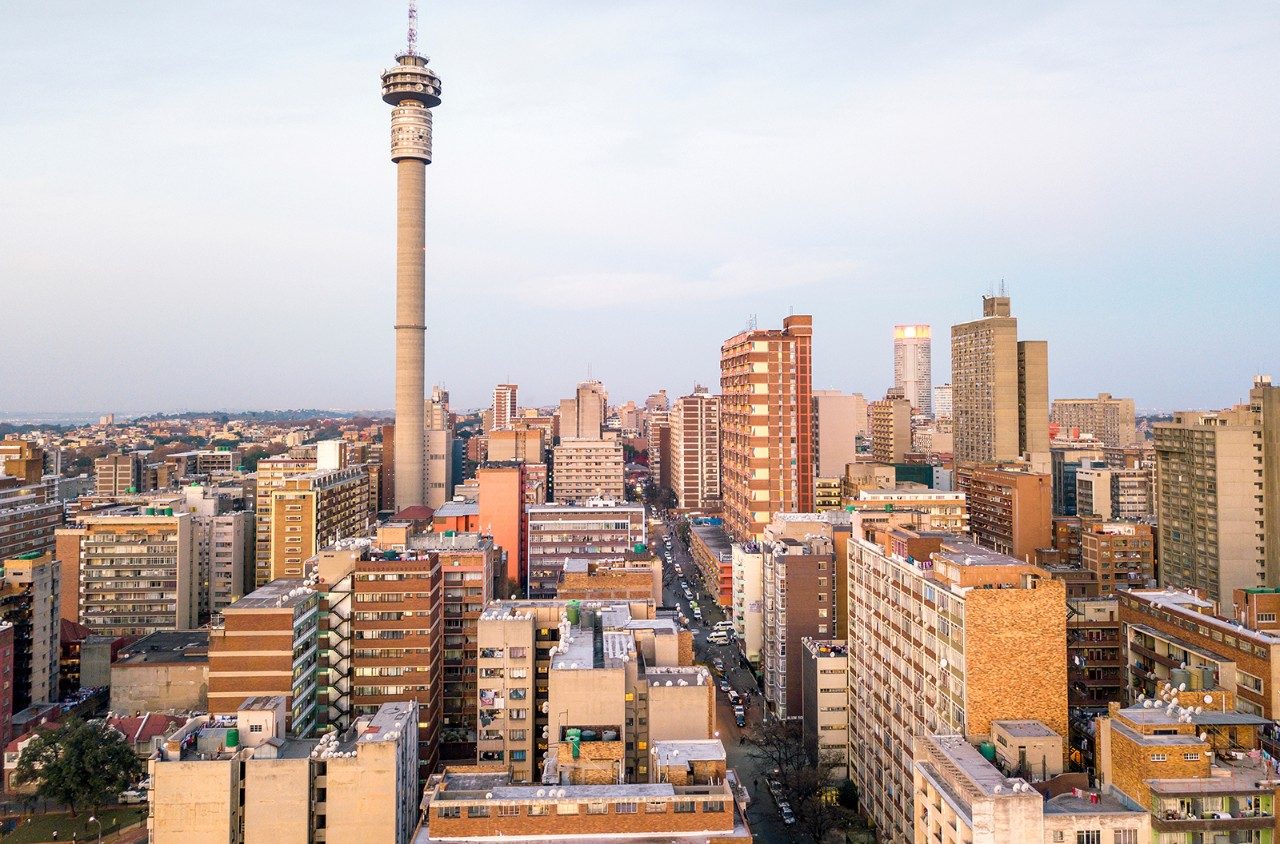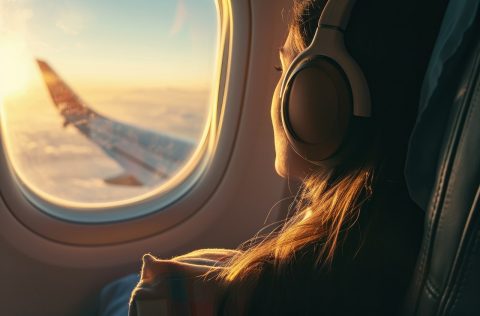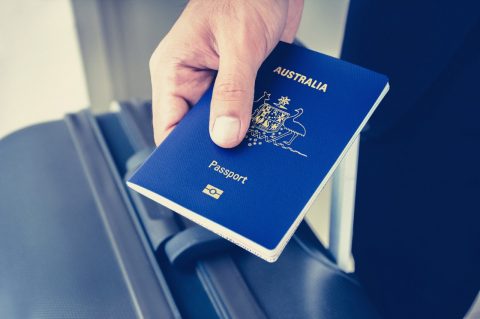How to Trick Your Body Clock and Beat Jet Lag
For all the benefits that far-flung travel affords, jet lag remains a persistent stumbling block – but there are ways around it.
Is it possible to avoid the pitfalls of long-haul sleep deprivation with a little trickery? Yes, says sleep expert Dr. Carmel Harrington, who has a PHD in Sleep Medicine from Sydney University and authored the book The Complete Guide to a Good Night’s Sleep.
“The worst thing people do, because they’re passive – they’ve just had a meal, they’ve had a glass of wine or something – [is that] they fall asleep,” she explains. “Then they spend the rest of the flight struggling with sleep again.”
Does this sleepy scenario sound familiar? Here, Harrington shares five ways to trick your body clock into beating jet lag – and start your trip on the right foot.
Image credit: Getty Images/Westend61
Plan ahead
1/6Careful management of both your natural circadian rhythm – that’s your body’s 24-hour sleep cycle - and the time zone you’re trying to slip into is the real trick to beating jet lag, Harrington shares. Time your sleep with the two natural dips in alertness (the lull we feel at around 3 o’clock in the afternoon and the sustained lull we experience overnight from 9.30pm onwards).
“If I’m taking an evening flight, it’s going to be really hard not to fall asleep so I will sleep then because that’s my natural rhythm,” explains Harrington. “Then I’ll be awake because that’s what will happen anyway in my time zone but I don’t want to get to say, London, at 6 o’clock in the morning and having being awake already for twenty hours. So what I do on the second leg is work out when is my next dip in alertness – which is that 2 o’clock dip in alertness that I would have in my hometown – and I go to sleep then. That means when I arrive in London, I haven’t gone 20 hours straight without sleep.”
Although these timings will vary when travelling east, the principle remains the same: figure out when you’re most likely to catch deep, sustained sleep, balance it with the destination’s time zone and stick to a sleep schedule.
Banish sleep-ins
2/6Our body clock is essentially reset for its 24-hour cycle by our early morning exposure to sunlight. “Light is the biggest [factor in] our ability to get to sleep that night or to do any of our daily functions,” Harrington echoes. Skip an early morning rise in your destination and you’re skipping your ability to find your holiday rhythm sooner. The antidote? Tricking yourself back into a normal rhythm by exposing yourself to natural sunlight in those early hours – even if you feel drowsy before doing so. “The worst thing we can do when we get into a new time zone is not expose ourselves to bright light in the morning at say 7 o’clock in the morning. We really have to bite the bullet in the beginning and expose ourselves to bright light in the morning because by doing that, we’re resetting the body clock at the appropriate time.”
Get moving
3/6Notice how a good morning workout always seems to lull you off to dreamland later? It’s not a coincidence. “Research clearly shows that exercise is always good for sleep,” Harrington says, adding that a good workout before and after a long-haul flight “works wonders” for the worst aspects of jet lag. “If you want to optimise your ability to sleep in-flight then on the morning of your flight try to get in a good 30 minutes of exercise.” Then, when you arrive at your destination, go for a brisk walk to get your heart rate up.
Avoid alcohol (yes, even that one glass)
4/6We know that alcohol’s ability to accelerate dehydration doesn’t bode well for a long haul flight but what about that single (or more) glass that always seems to help you nod off in the first place? It’s still not great, even in small quantities, insists Harrington. Not only does it cause sleep to be “elusive and fragmented” but it’s also part of a wider behaviour of not properly preparing your body for sustained, quality sleep. “If we’re looking at screens and we’re quite alerted and having a few drinks, then we might be able to get to sleep because we’re so tired – because what we call a ‘sleep debt’ is really high – but after two or three hours, you’ll wake up, unable to get back to sleep and that’s mostly because of how you’ve treated yourself prior to going to sleep.” Make water your beverage of choice and save the glass of wine for after you land.
Image credit: Getty Images/iStockphoto
Nap strategically
5/6If you absolutely can’t fight the urge, nap only according to two very strict rules: if you arrive at your destination early, your rest should never exceed 90 minutes, which constitutes a full sleep cycle. “When you wake up, expose yourself to bright light and do some exercise if possible,” Harrington adds. “By doing this, you should be able to get through the day in relative harmony with your body.” The second pertains to afternoon arrivals, when naps should absolutely be capped at 30 minutes, followed quickly by exposure to sunlight and some activity. “That way you will be well and truly ready to sleep that night,” Harrington says. Taking a five milligram dose of melatonin – a supplement of the same sleep hormone that occurs naturally in the body – before you finally crash for the evening can also ensure a good night’s sleep, advises Harrington.
Up Next
6/6














